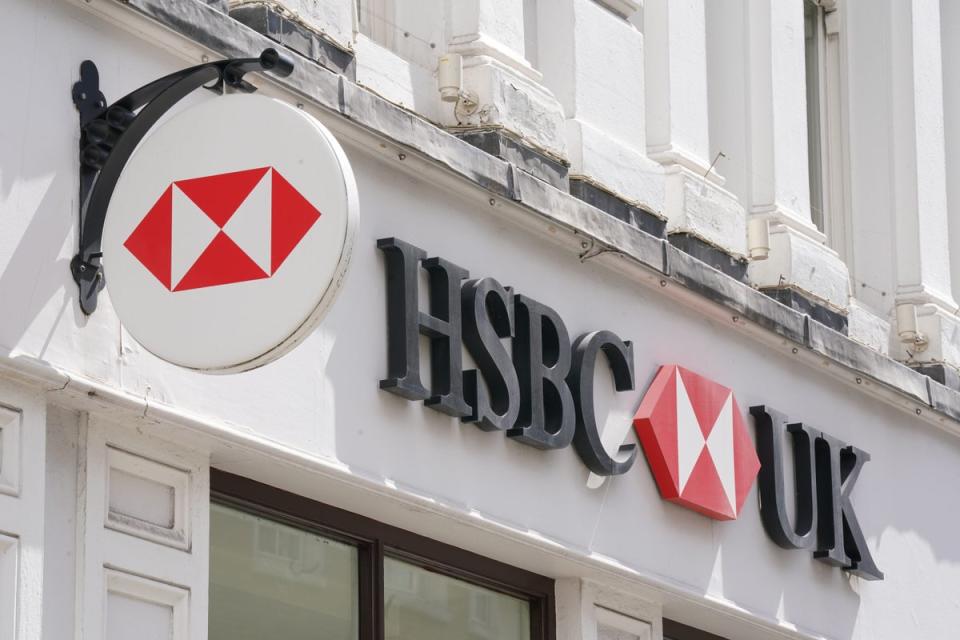'Doveish hold' feeds through to mortgages as HSBC cuts rates

The roller coaster that has been mortgage interest rates over the past two years appears to be on the brink of a new downward lurch. Today, HSBC followed Barclays in cutting the cost of much of its range of home loans and the other big high street players are sure to fall in line over the coming days and weeks.
The new hope for borrowers comes after swap rates began to ease after last week’s “doveish hold” from the Bank of England. It takes a few days but that usually feeds through to the fixed rates that banks and building societies can offer their customers — and so it has come to pass.
The talk of decisions by several MPC members being “finely balanced” has finally persuaded the markets that August really is in play for the first cut in interest rates in a year.
It feels we have been here many times before of course. The markets were convinced at the start of the year that rates would be cut hard and fast through 2024. It did not happen, largely because the war against inflation took so much longer than expected to be won. Perhaps it is not over yet.
However, there are reasons to hope that the Bank really might be ready to act now. Labour of course will be coming into power on the back of a pledge to build 1.5 million homes over its five-year parliamentary term. There are plenty of arguments about lack of capacity in the sector to suppose that is fairly unlikely to be achievable. But even putting that to one side there is no chance of reaching that laudable goal without the housebuilders firing on all cylinders in response to strong demand from buyers. And they are very far from that just now.
Lower interest rates — finally — should slowly fire up house buyers’ enthusiasm, encouraging builders to invest more in new sites and starts. But it will all take time. And solving the housing crisis is one area where Keir Starmer can really not afford to disappoint.

 Yahoo Finance
Yahoo Finance 